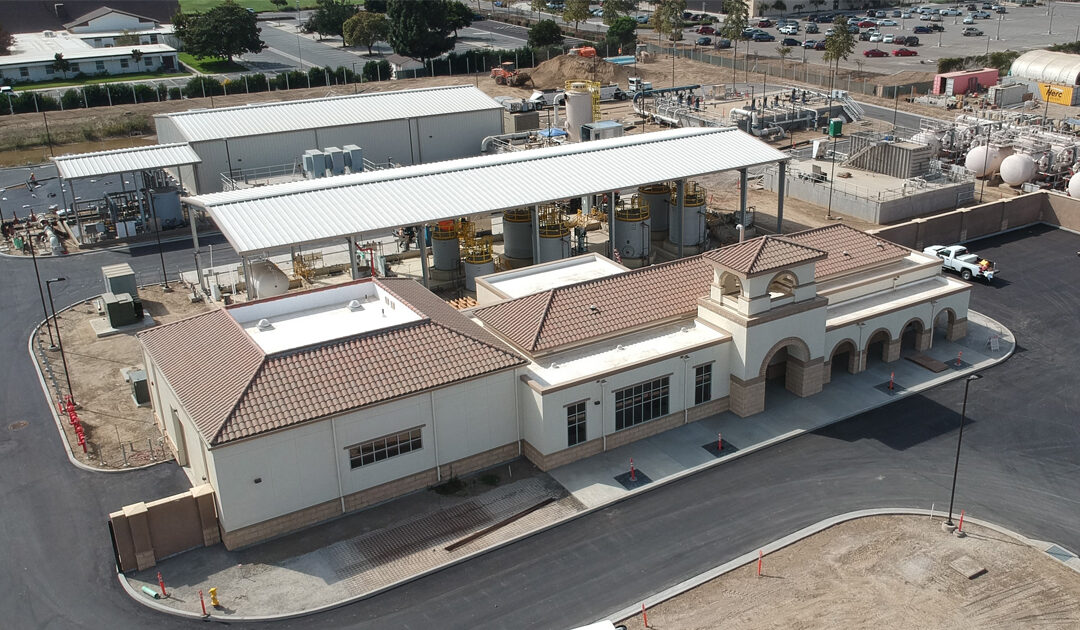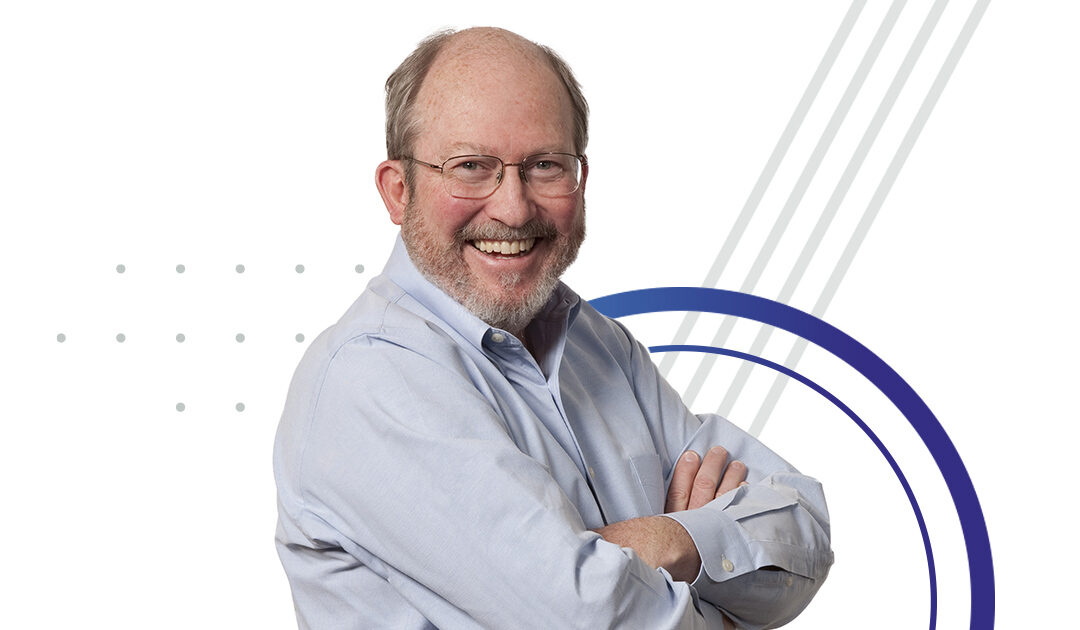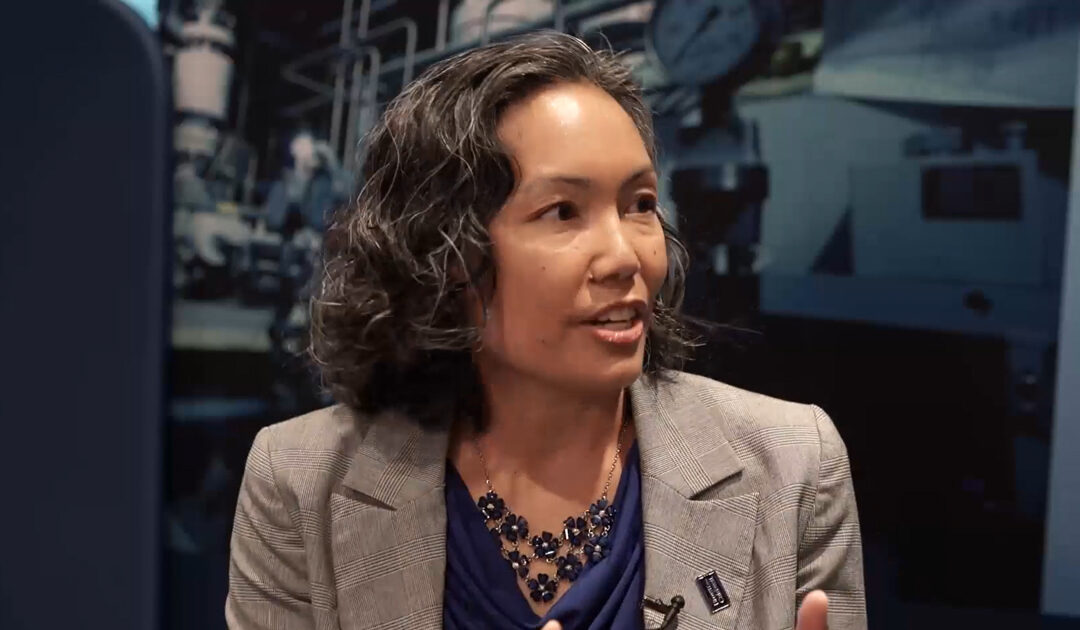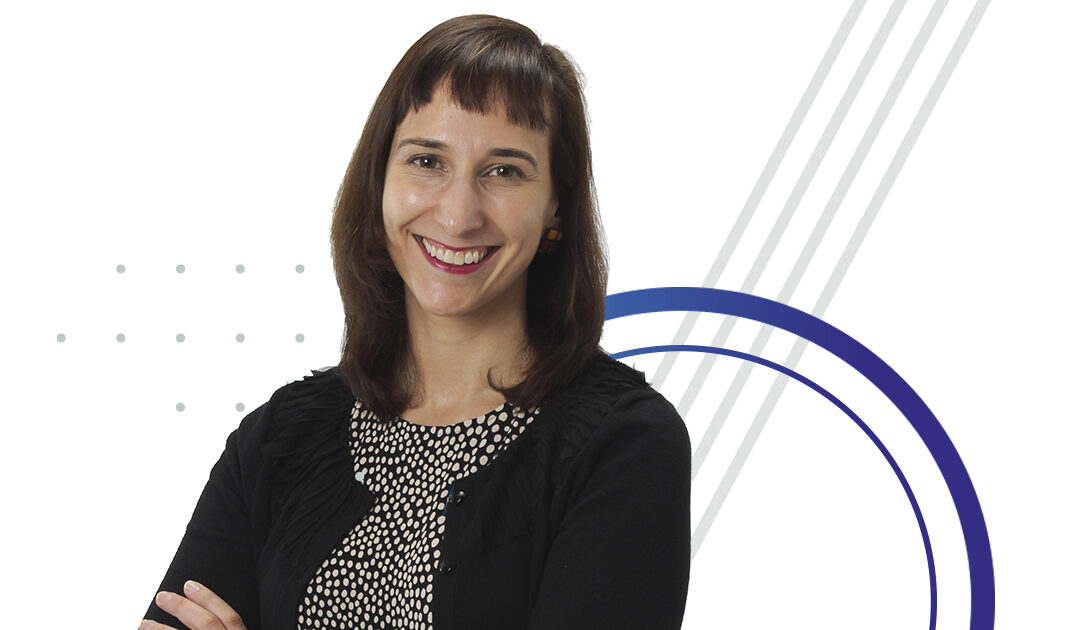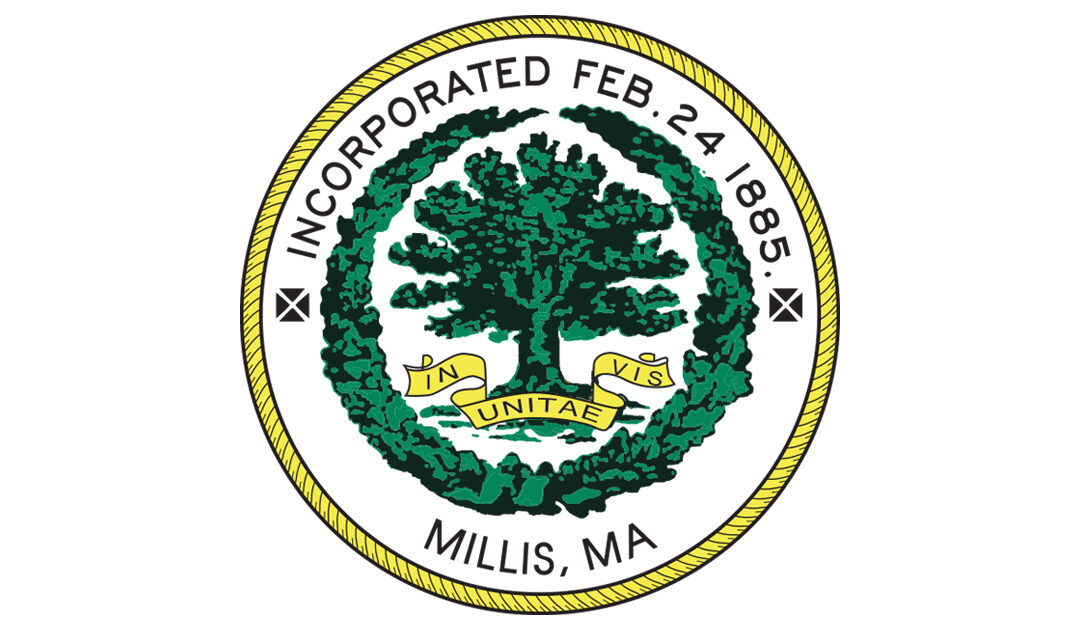DENVER, Colo. — Water For People, a global non-profit working to develop lasting quality water, sanitation, and hygiene (WASH) services in nine countries, is pleased to welcome Katherine Milligan, Pauline Idogho, Shannon Music, and Rich D’Amato to the Board of Directors.
“Water For People is honored to welcome these accomplished individuals to our Board. I am looking forward to working with the new members. Their expertise, skills, and knowledge will help Water For People continue to grow. They will be key players in advancing Water For People’s efforts to implement our new Destination 2030 strategy and increasing our impact.”
Eleanor Allen, CEO of Water For People
Katherine Milligan
Katherine is a Director at the Collective Change Lab, a think tank and capacity builder that provides social change leaders with practical inspiration, insight, and guidance on how to do the work of systems change. Named a “Top 100 Women in Social Entrepreneurship” by the Euclid Network, Katherine is affiliated with many innovation and entrepreneurship networks, including as a founding member of the Geneva Innovation Movement, an elea Fellow at IMD Business School Center For Social Innovation, an Accelerate2030 Advisory Council Member, an Unreasonable Mentor, and an advisor to The Wellbeing Project. She teaches courses on social innovation and entrepreneurship at the Graduate Institute of International and Development Studies and Fordham University and is the author of over 17 publications, articles, and blogs published by International Institute of Economics, Stanford Social Innovation Review, MIT journal Innovations, Forum Agenda, and the Harvard Business School. Previously, she was the Executive Director of the Schwab Foundation for Social Entrepreneurship, the sister organization of the World Economic Forum, which supports the largest community of late-stage social entrepreneurs in the world. Katherine received her B.A. from Dartmouth College and her Master’s in Public Policy from Harvard University where she was a Pforzheimer Scholar and Sheldon Knox Fellow.
Pauline Idogho
Pauline is the Founder/CEO of Mocktail Club, a line of premium crafted ready-to-drink non-alcoholic cocktails inspired by her quest to find sophisticated and better-for-you alternatives to alcohol. Prior to founding the company, Pauline had a 15-year career in investment banking, international development, and renewable energy finance. This included companies such as the International Finance Corporation (the private arm of the World Bank), Merrill Lynch, Wells Fargo, and the AES Corp. She has lived, worked, and traveled in Europe, Africa, Asia, and the Middle East, which helped to inspire the rich and sophisticated flavor profiles of the Mocktail Club line. One percent of Mocktail Club’s sales go to support clean water access globally through donations to Water for People. Pauline is also the Treasurer and head of the Finance Committee of the Adult Non-Alcoholic Beverage Association (ANBA). Pauline holds a B.A. in Economics from Howard University and MBA in Finance from The Wharton School of Business at the University of Pennsylvania.
Shannon Music
Shannon is Co-Director of VIVA Idea, a think-action tank that contributes to solving the key sustainability issues in Latin America through research, capacity building, and knowledge management. She is Co-Chair of the Board of the Central American chapter of the Global Steering Group for Impact Investing (GSG) or Plataforma de Inversión de Impacto Centroamericana (PiiC). Ms. Music also serves on the Boards of VIVA Trust, FIFCO, the Costa Rican Investment Promotion Agency (CINDE), and her family skating rink business. She sits on the Innovation and Entrepreneurship Committee of the Lincoln School Board. She was Interim COO for the Social Progress Imperative (SPI), where she helped develop the methodology for measuring social and environmental progress around the world. Prior to that, she worked as a consultant for the Boston Consulting Group and was Program Manager at New Sector Alliance. She has an MBA, MPA, and Psychology degree from Harvard University. Ms. Music lives in Costa Rica with her husband and three children.
Rich D’Amato
Rich is the CEO of Brown and Caldwell, a leading environmental engineering and construction services firm. He excels in developing strategy and leading teams to deliver innovative services and solutions to municipal and private sector clients throughout North America and the Pacific. Throughout his 30-year career, Rich has worked in operations and maintenance, consulting, process engineering, design, and construction businesses focused on developing client solutions for environmental, water, and wastewater infrastructure. He advocates for inclusive workplace culture and empowers staff to create an environment that works for everyone. He promotes diversity and inclusion through participation in numerous employee networking groups at Brown and Caldwell, including pride alliance, women at BC, and rising professionals. He regularly participates at industry conferences and panel discussions around diversity, equity, and inclusion topics. Additionally, Rich is the Chair of the Board of Directors for Brown and Caldwell and a member of the Leadership Council for Water For People. He previously served on various non-profit boards, including the Board of Directors for the National Association of Water Companies.
###
About Water For People
Founded in 1991 in Denver, Colorado, Water For People is a global nonprofit working across nine countries in Latin America, Asia, and Africa to achieve lasting access to clean water and sanitation services. Water For People brings together communities, local entrepreneurs, and governments to build, operate, and maintain their own systems so that every family, health clinic, and school has access to safe water and sanitation that will last for generations to come. This impact model is called Everyone Forever. Learn more at www.waterforpeople.org.



